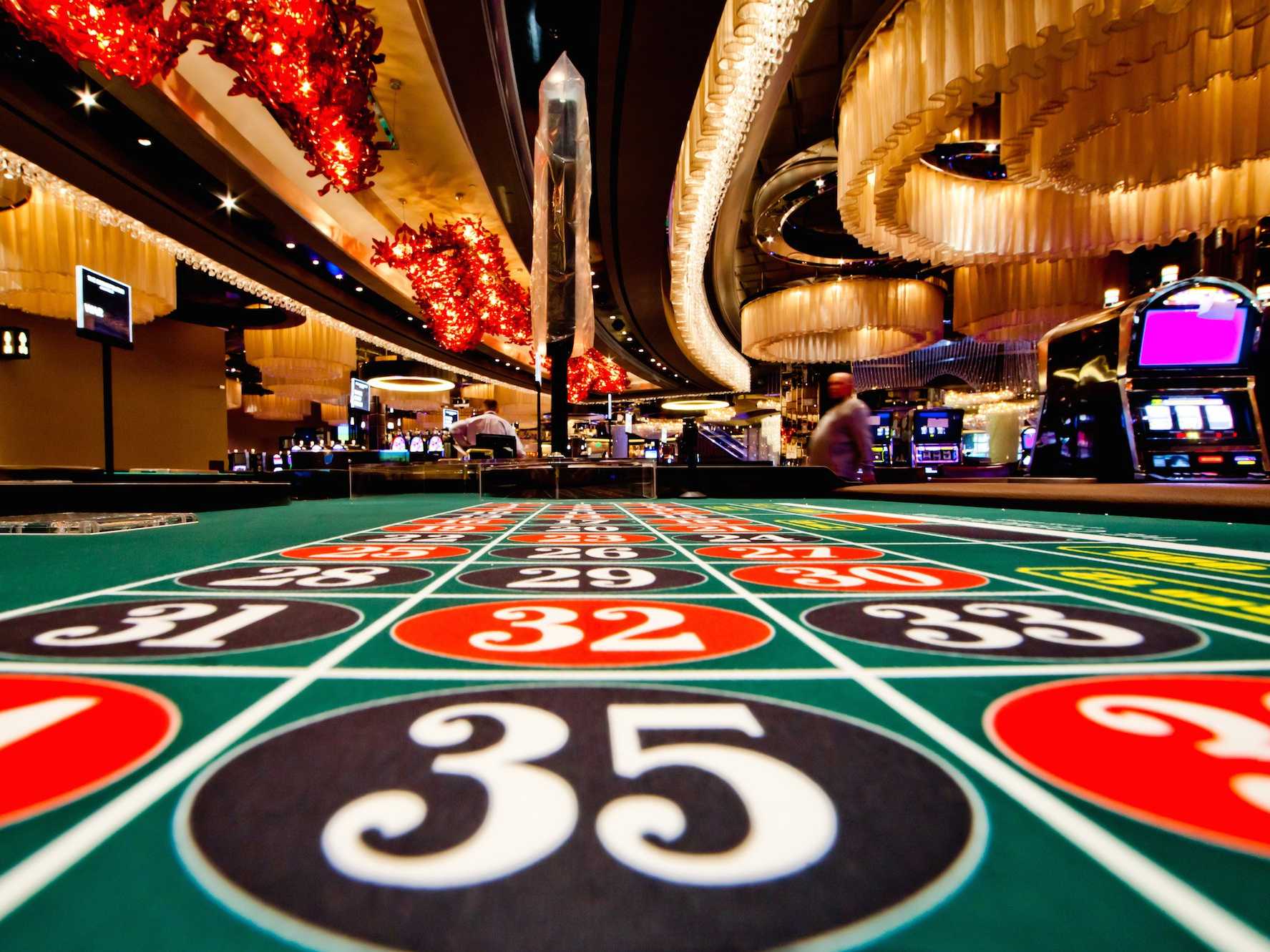
In the world of gambling, in which chance and strategy converge, a unique tapestry of beliefs unfolds—one that intertwines luck, fate, and the enigmatic nature of casino games. Casinos, bustling with excitement and anticipation, are not just spaces for placing bets; they are also arenas in which superstitions thrive. Ranging from the novice player to the seasoned gambler, these mysterious practices often shape how individuals approach the games they play, believing that their actions can influence the outcome in ways that go beyond mere probability.
As players gather around roulette wheels, blackjack tables, and slot machines, the atmosphere is thick with stories of lucky charms, rituals, and codified behavior that defy logic yet provide a sense of comfort. Whether it’s wearing a specific outfit, following a particular sequence of bets, or even avoiding certain numbers, the attachment to various superstitions reflects a deep-rooted desire to master the uncontrollable. This article delves into the captivating world of casino game superstitions, examining the beliefs that simultaneously entertain and mystify those who dare to play.
Cultural Roots of Superstitions
Casino games have long been entwined with an array of superstitions that trace to primitive cultures. The beginnings of these notions can be linked to humanity’s fundamental wish to manage the uncertain outcomes associated with fortune and uncertainty. In early civilizations, games of uncertainty were often linked to spiritual practices. Players would invoke aid or request favor from gods, believing that their actions could influence the odds in their advantage. This foundation laid the basis for the multitude of superstitions that proliferated as betting evolved over time.
During the medieval age, gambling became a common hobby across Europe, and with it, a rich tapestry of superstitions appeared. Participants adopted different rituals and charms, believing they could change the consequences of games. The value of numbers, in particular, began to show in superstitions related to card games and dice. The number seven was often considered auspicious, while other numbers carried bad connotations. These beliefs mirrored the societal contexts of the time, changing as they transferred through generations and transformed to different gaming environments.
As gaming establishments developed in the seventeenth century, particularly in Italy and the French nation, the atmosphere surrounding betting became saturated in enigma. The growing openness of gambling games allowed for the spread and variation of superstitions among players. Concepts like charmed charms, special seating positions, and rituals gained prevalence, creating a unique culture within gambling establishments. As these practices continued to thrive, they became essential to the identity of casino games, illustrating how the past and society shape the notions that influence how gamblers connect with fortune.
Common Gambling Superstitions
Superstitions surrounding casino games are plentiful and varied, reflecting the hopes and fears of gamblers as they engage in random games. One of the most prevalent views is that certain numbers bring luck or misfortune. For example, the digit 7 is often seen as a favorable number, frequently embraced by players looking for a positive result. Conversely, the number 13 is routinely considered unlucky, leading many gamblers to steer clear of it during their gambling sessions.
A frequent superstition relates to practices that gamblers believe can affect their odds. It could be blowing gently on dice before a roll, using a particular hand to place a bet, or even putting on particular items of attire, many people feel that these rituals can sway luck in their favor. These rituals offer a sense of control in an otherwise unpredictable environment, strengthening the idea that fortune can be created through individual beliefs and customs.
Lastly, the environment and vibe of the casino itself contributes to superstition. Many gamblers suggest that the presence of certain icons, such as four-leaved clovers or lucky tokens, can enhance their chances of success. Additionally, players might adhere to the belief that victory streaks can be halted by mundane occurrences, such as a person walking past or a accident at the gaming surface. The collective environment in a gambling house can amplify these beliefs, creating a communal culture of superstitions that goes beyond single encounters.
Impact of Superstitions on Players
Superstitions play a important role in the mindset of gamblers, often affecting their behavior and choices. A lot of gamblers think that fortune can be manipulated through various rituals, such as wearing a lucky charm, selecting specific colors, or steering clear of particular digits. This reliance on superstitions can create a feeling of authority in an environment that is inherently unpredictable. Players frequently feel more self-assured and involved when they think that their actions could sway the outcome of a game in their advantage.
The impact of these superstitions extends past singular players, affecting the general atmosphere within the casino. For example, a player who believes in the luck of a certain slot machine might attract a gathering, as onlookers are intrigued by their apparent success. This collective belief can amplify excitement and create a dynamic environment, leading to an engaging experience even for those who may not necessarily be believers themselves. https://defensorseguros.com/ The buzz around certain games can lead to higher participation and longer playing sessions, supporting the casino’s lively social scene.
In some instances, superstitions can lead to detrimental effects for players. Depending too heavily on rituals can result in poor gambling decisions, as some may overlook basic strategies in favor of baseless beliefs. Additionally, the stress to perform rituals may heighten anxiety and stress levels, diminishing from the enjoyment of the experience. Ultimately, while superstitions can enhance the excitement of playing casino games, they can also lead to poor choices that overshadow the fun and amusement intended in the casino experience.